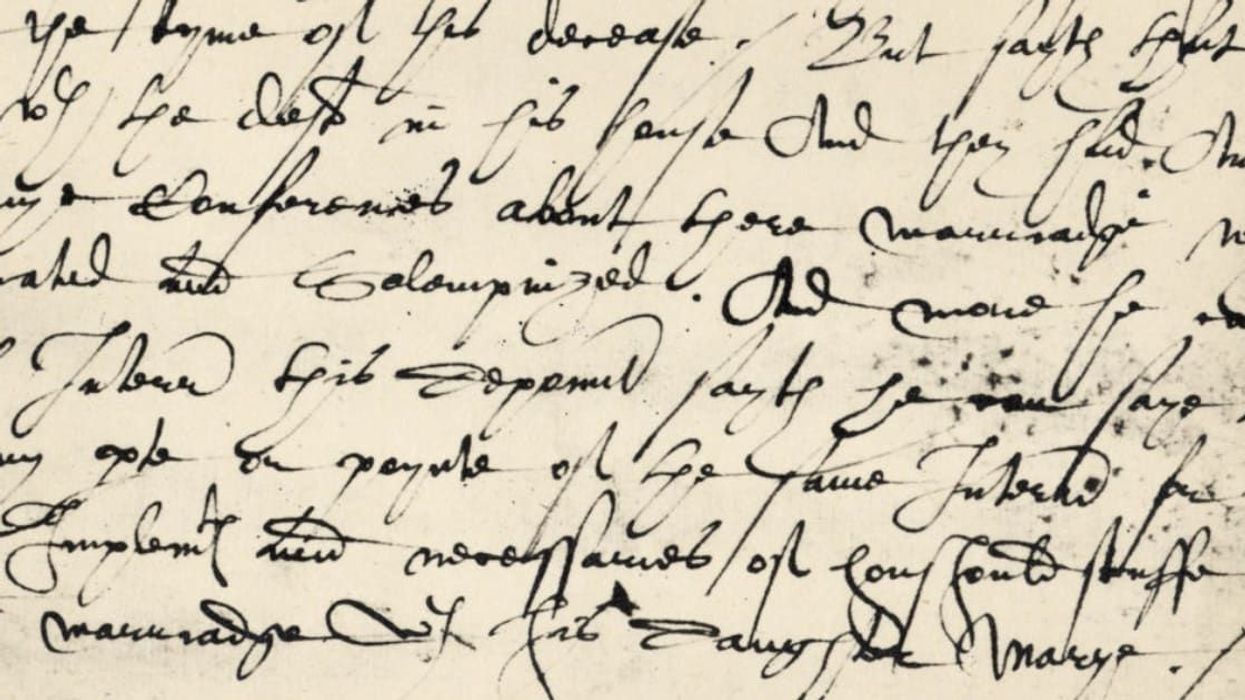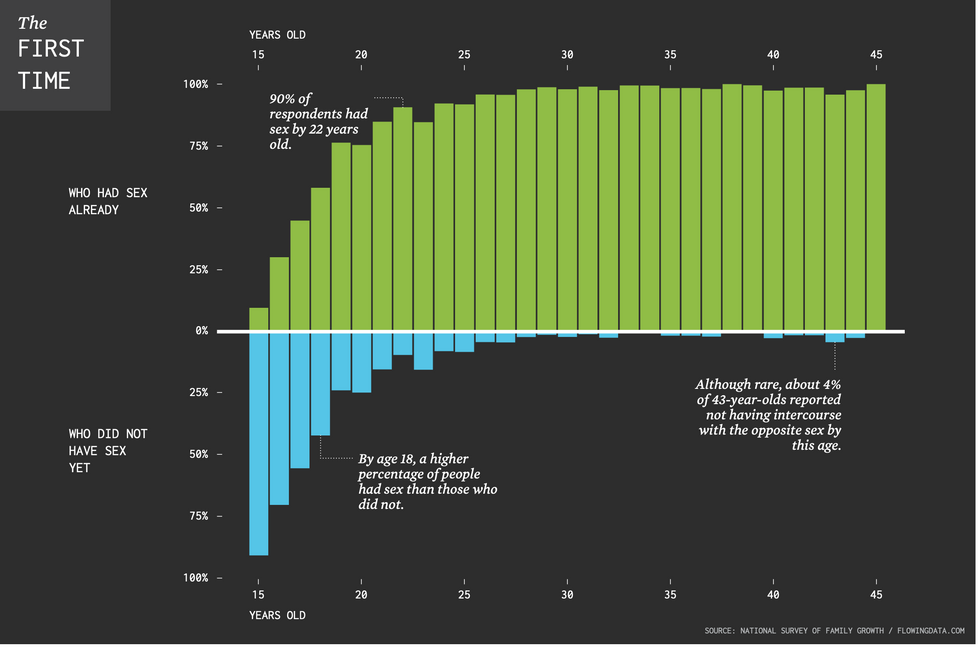It is impossible to imagine our world without the phenomenon of writing. But how did it originate? Well, there's some interesting story behind that! The roots of writing date back to 3000 BC and a report from The Conversation suggests that it was first invented in Southern Iraq. A book named "How Writing Made Us Human" has decoded the journey of 'writing.' The book has received rave reviews for its detailed account of the phenomenon. Penned by Walter Stephens, the book takes us through an emotional history of writing, chiefly referencing academics and writers in the Western tradition.
In his book, Stephens gives a broader outlook on the Renaissance and Early Modern periods and how writing influenced those eras. With the help of the author’s expertise, the book consists heavily of well-chosen case studies. The book covers the history and evolution of writing from ancient civilizations to the present day, Starting from Uruk (modern day Warka, Iraq) in the 4th millennium BC to the present day.

At the same time, the book has also looked to solve one of the biggest mysteries of all time - deciphering the actual origins of writing. Before the onset of modern archaeology and chronology, scholars and thinkers relied heavily on ancient texts especially on the Hebrew Bible and writings from Graeco-Roman sources, to understand the origins of writing.
In the book, Stephens mentions one figure who played an influential role in understanding the true origins of writing. He says that Flavius Josephus, a Jewish-Roman historian who lived in the 1st century AD, provided an account of the invention of writing that predates the Biblical flood. However, despite having a reliable historical record, people may have doubted its accuracy. Stephens mentions that Josephus' Jewish heritage may have played a role in his account being overlooked or ignored by some due to the antisemitism mentality.
Barring the historical aspect of the writing, Stephens also stresses the importance of writing in the modern era. Learning to read and write was vital during the 19th Century in North America - a period where slavery was largely prevalent. The author talks about how the American public’s literacy aided in the advancement of humanity. It enabled enslaved people who achieved freedom to share their experiences of appalling cruelty with the literate audience. Additionally, this literate public advocated for the abolition of slavery as time passed.
Staying true to the title, the book conveys that with each passing era, the phenomenon of writing helped humans grow. He also talked about how humanity shaped itself just by the power of writing - be it spreading ideas or sharing vital information that only aided human beings in the longer run.

















 A symbol for organ donation.Image via
A symbol for organ donation.Image via  A line of people.Image via
A line of people.Image via  "You get a second chance."
"You get a second chance." 


 36 is the magic number.
36 is the magic number. According to one respondendant things "feel more in place".
According to one respondendant things "feel more in place". 
 Some plastic containers.Representational Image Source: Pexels I Photo by Nataliya Vaitkevich
Some plastic containers.Representational Image Source: Pexels I Photo by Nataliya Vaitkevich Man with a plastic container.Representative Image Source: Pexels | Kampus Production
Man with a plastic container.Representative Image Source: Pexels | Kampus Production
 Photo by
Photo by 
 Canva
Canva It's easy to let little things go undone. Canva
It's easy to let little things go undone. Canva
 Teens are waiting longer than at any point in the survey’s history. Canva
Teens are waiting longer than at any point in the survey’s history. Canva Chart on the age of a person’s first time having sex.National Survey of Family Growth/flowing data.com | Chart on the age of a person’s first time having sex.
Chart on the age of a person’s first time having sex.National Survey of Family Growth/flowing data.com | Chart on the age of a person’s first time having sex.